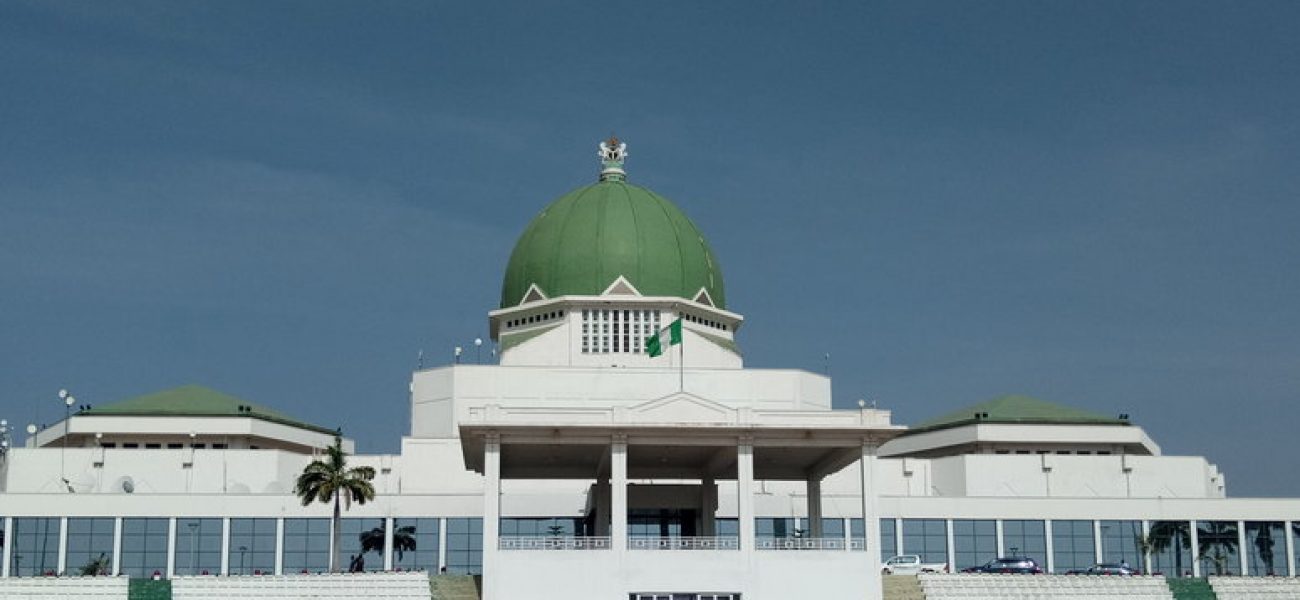The National Assembly which sat through to nearly the end of 2023 has
set January 30, 2024 as its resumption date. Just before New Year’s Eve,
the National Assembly passed the 2024 National Budget, with the
President assenting to it on New Year’s Day. The speed with which the
2024 Budget was passed by the National Assembly is a record one. The
President had delayed in sending the budget to the National Assembly,
waiting until November 29 to send the budget and barely giving lawmakers
sufficient information or time to understand the contents of the budget
before it was passed. It appeared that the focus was to get its passage
past the tape of time rather than past proper scrutiny. Some observers
have stated that the 2024 budget passed even without National Assembly
members knowing its full contents, and the absence of a proper budget
defence by relevant Ministries, Departments and Agencies (MDAs) of
government. This will no doubt raise concern when oversight activities
of the Committees over the implementation of the budget begin.
The National Assembly spent the second half of 2023, which was its first
six months after inauguration, dealing with the nitty-gritty of
organising itself for business. It set up membership of Committees. In
addition to existing Committees, several more Committees were set up,
particularly in the House of Representatives. The number of Committees
in the Senate rose from 69 to 81. This was higher in the House of
Representatives where the number of Committees jumped from 109 to 177.
On their Legislative Agenda, both chambers of the National Assembly
identified their priorities. The House of Representatives has publicly
launched its Legislative Agenda while the Senate prepares to launch its
own upon resumption in January. The Legislative Agenda of both chambers
identifies priority areas namely:
- Strengthening Good Governance
- Improving National Security
- Law Reform
- Economic Growth and Development
- Social Sector Reform and Development
- Inclusion and Open Parliament
- Influencing Nigeria’s Foreign Policy
- Climate Change and Environmental Sustainability
It is expected that part of the key political issues that the National Assembly will pursue in 2024 will include Constitution review and electoral reform. Although the National Assembly has since 2010 successfully amended some parts of the Constitution, there remain additional issues including Local Government reform, fiscal federalism reform, Nigeria’s Federal structure and very importantly, the bill to create additional women-only seats in the Federal and State legislatures, which failed to pass in the last Constitution review exercise.
Conversations around electoral reform have upped since the disappointing conduct of the 2023 general elections and even worse, the three off-cycle governorship elections in Bayelsa, Imo and Kogi States all conducted in 2023. At a retreat of the joint National Assembly Committees on Electoral Matters organised in November 2023 in collaboration with PLAC, the two Committees clearly underscored the need to further reform Nigeria’s electoral process.
Budget implementation will likely be a key concern as the National Assembly reconvenes for its 2024 session. Given the hurried manner of passage of the 2024 National Budget, there are likely to be issues that the legislators and various Committees of the National Assembly will be confronted with as they undertake their oversight responsibilities. Scrutiny of budget spend and implementation looks certain to come to the fore especially with recent incidents of allegations against Ministers.
Only five months after President Tinubu swore in his Ministers, he suspended the Minister of Humanitarian Affairs and Poverty Alleviation, Betta Edu on allegation of approval of the sum of N585.2 million for disbursement to a personal account. He also ordered the Economic and Financial Crimes Commission (EFCC) to conduct an investigation into the financial transactions of the ministry. In furtherance of this, the Commission invited the suspended Minister, 20 directors and other officials of the ministry for questioning.
The immediate past Humanitarian Affairs Minister, Sadiya Farouq is equally under investigation by the EFCC for allegations of misappropriation of N37.1 billion of social intervention funds during her tenure.
President Tinubu has also suspended all programmes under the National Social Investment Programme Agency (NSIPA) for a period of six weeks due to improprieties and operational lapses associated with the agency’s operations, and constituted a ministerial panel to conduct a review of the agency’s operations and recommend reforms.The affected programmes include N-Power Programme, Conditional Cash Transfer Programme, Government Enterprise and Empowerment Programme, and Home Grown School Feeding Programme. It will be recalled that on January 2, President Tinubu had suspended the National Co-ordinator and Chief Executive Officer of the NSIPA, Halima Shehu over allegations of financial impropriety.
The Humanitarian Ministry has been in the spotlight for allegations of financial misappropriation associated with the implementation of the social investment programmes by the NSIPA, which it supervises. In September 2020, the Independent Corrupt Practices and other related Offences Commission (ICPC) revealed the diversion of N2.67 billion meant for the Home Grown School Feeding Programme during the COVID-19 lockdown period.
The opaque framework for the implementation of the social investment programmes has often been interrogated by observers, ranging from questions about the integrity of the National Social Register, the identities of beneficiaries, to the mode of payment to beneficiaries and whether these schemes are in fact impactful and sustainable.
The rising issues of malfeasance within government institutions and the summoning of government appointees by law enforcement agencies to answer to issues of mismanagement of public funds necessitates strong oversight by the National Assembly, with repercussions for erring institutions through the National Assembly’s exercise of the power of the purse and the call for the prosecution of culpable officials by the appropriate authorities.

